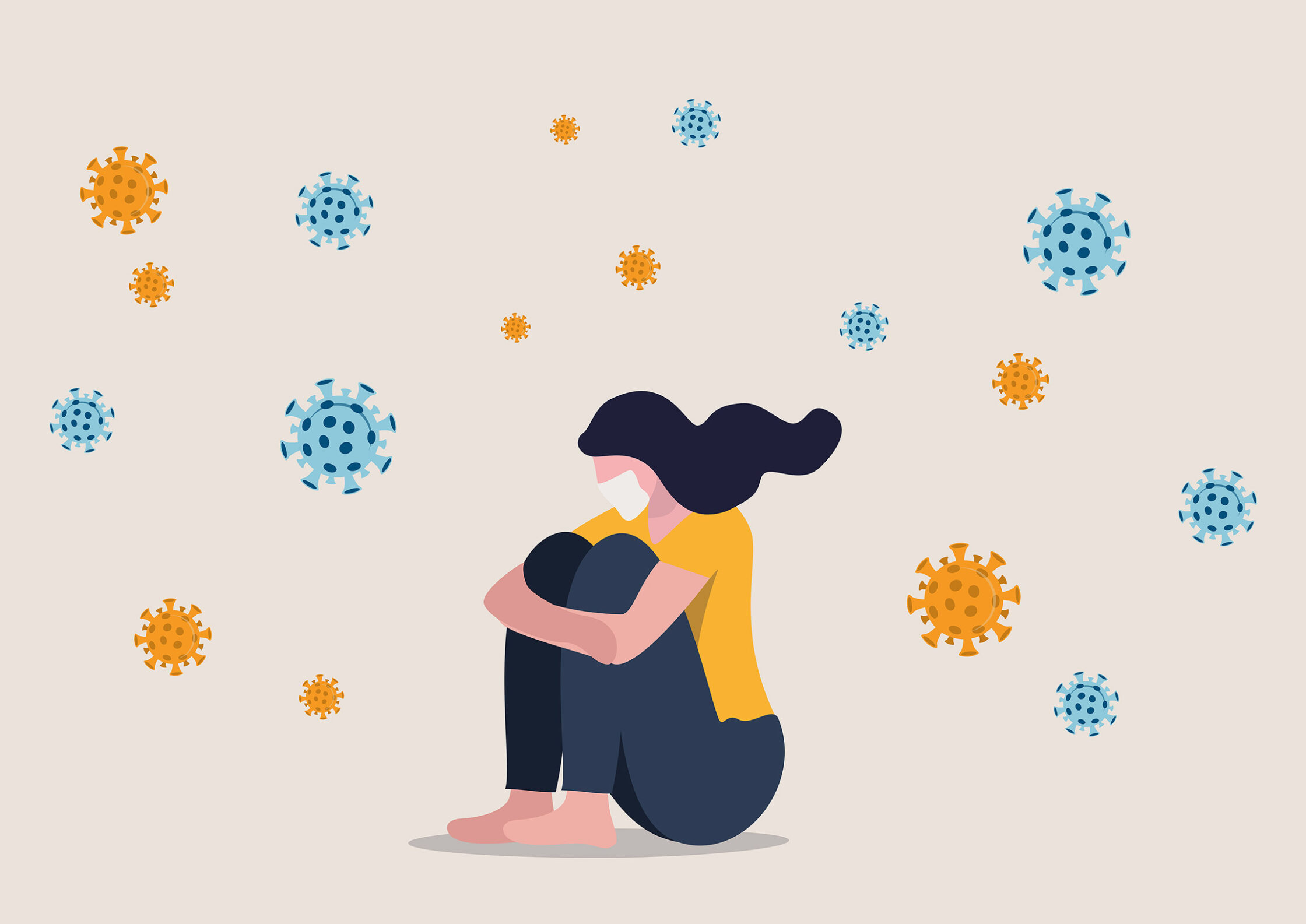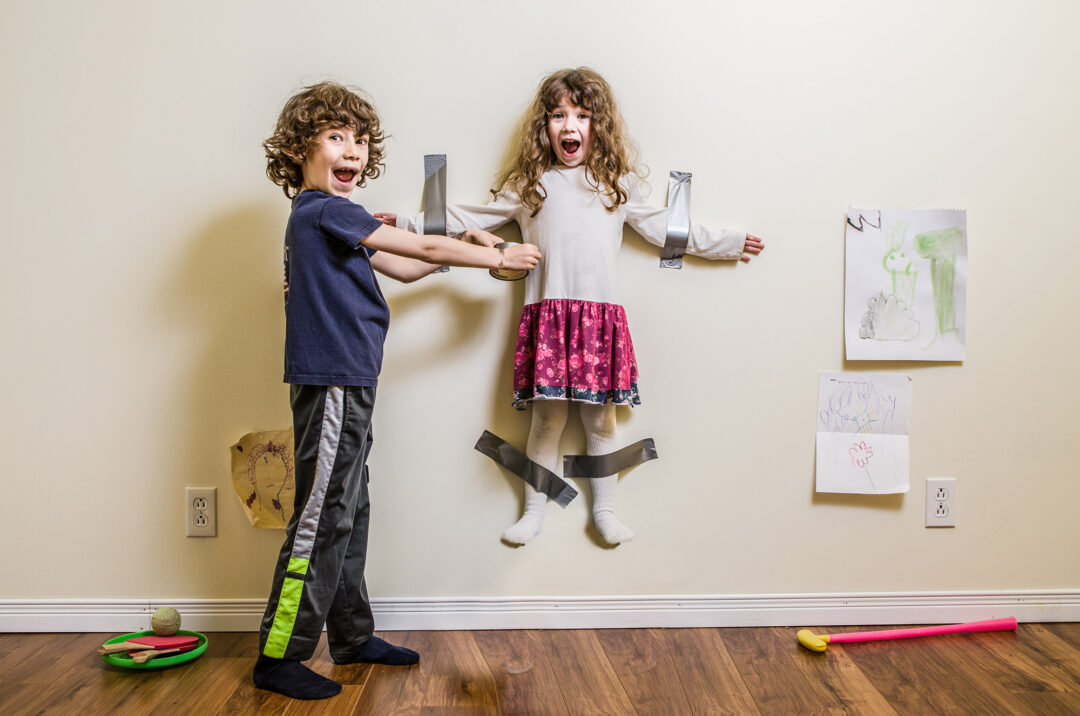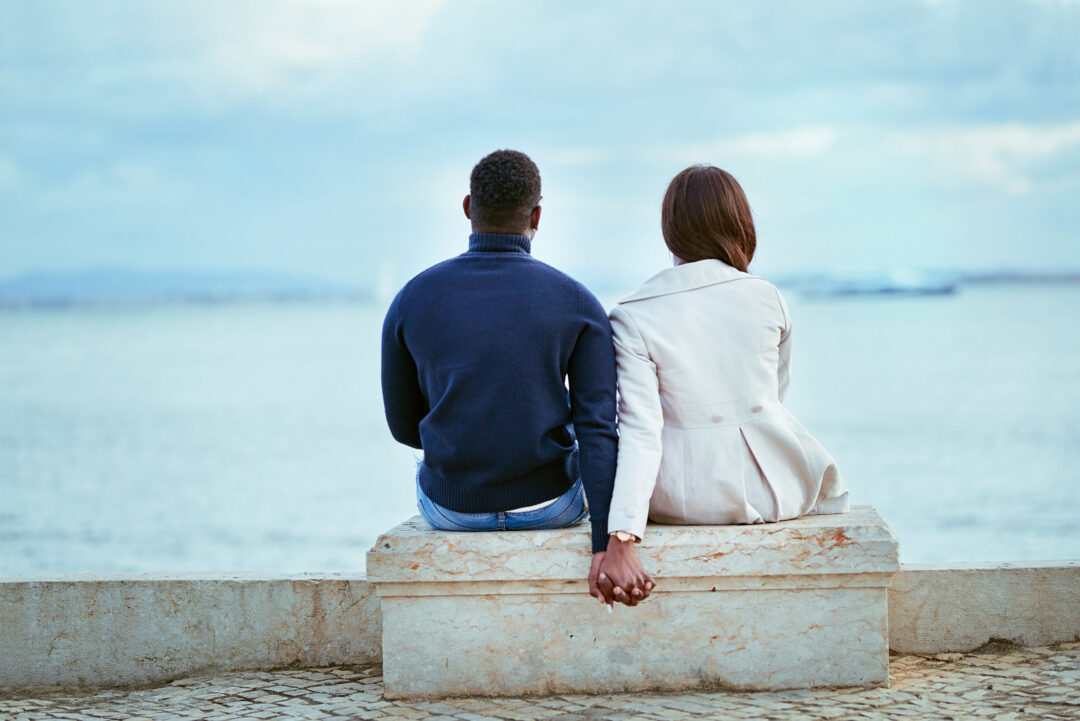The COVID-19 pandemic has officially been changing our lives for over a year. While restrictions are easing and the United States is seeing a light at the end of the tunnel, not everything about the pandemic is just going to magically go away overnight.
One major issue stemming from the pandemic is the mental health problems it’s caused or contributed to.
Chances are, we won’t know the full effects for years to come. But it’s undeniable that COVID has caused a huge spike in anxiety, depression, and isolation/loneliness in people of all ages.
Now that the vaccine rollout continues to give people hope and assures us there’s an end in sight, it’s important to recognize that pandemic anxiety hasn’t simply disappeared.
But, if there’s a solution to the problem, why are some people still anxious?
Getting “Comfortable” With Anxiety
The pandemic has affected everyone differently. Some people lost their jobs. Others had to switch to a remote lifestyle. Maybe you know someone who got sick, or you’re still working through the loss of a loved one.
For many, just the uncertainty of COVID was enough to fuel their anxiety. Being “stuck” inside, quarantining, social distancing, and mask-wearing were/are all ways to stay safe. However, they feel so foreign and strange that it’s easy to feel anxious about all of it.
Unfortunately, because the pandemic has lasted over a year, many people have adopted those things as a sort of “new normal.” As a result, they’ve allowed themselves to believe that the anxiety they feel is their own new normal, making it harder to instantly break free.
Why Some Are Still Struggling
Some people are still struggling with pandemic anxiety because it’s not officially over. If you spend ten minutes watching the news each day, COVID is still a hot topic. Misinformation is given out constantly. Social media is still running rampant with people expressing various opinions and arguing.
People still have pandemic anxiety because so many others still haven’t let go of the pandemic, itself. When the effects of COVID are still presented so publicly every day, it’s hard to get over feelings of anxiety.
Additionally, it can be difficult to know which information to trust. Some people might be anxious about getting the vaccine because it’s still so new. Therefore, the pandemic anxiety flips from the illness to the cure. Even though millions of people are being vaccinated every day, there are going to be some who are slow to accept it. If that sounds like you, it’s going to take time to work through those anxious thoughts and fears. For instance, many people found power and agency in knowing they can have some “control” over COVID by wearing masks. Now that masks are being required in fewer scenarios, many experience that as a loss of agency and power or control, which increases their anxiety.
Understanding the Slow Process
Whether you’re still dealing with pandemic anxiety or someone you love is, understand that it’s not a quick fix. It’s not like flipping a switch and turning off your anxiety right away.
Instead, think of it as a dimmer switch.
This pandemic might have seemed to pop up overnight. Think back to March 2020. You went to bed one night and things were just as they had always been. A day later, it seemed like the world turned upside down. Unfortunately, the process of getting out of those anxious thoughts won’t happen as quickly.
Thankfully, you don’t have to deal with pandemic anxiety on your own. Having a support system at home is a great place to start.
If you’re still struggling with the mental health effects of COVID, you’re not alone. Feel free to contact Integrative Psychotherapy Group for information or to set up an appointment. Together, we can work through the underlying issues fueling your anxiety, and how you can work through those issues every day to manage your symptoms and overcome your worries.


